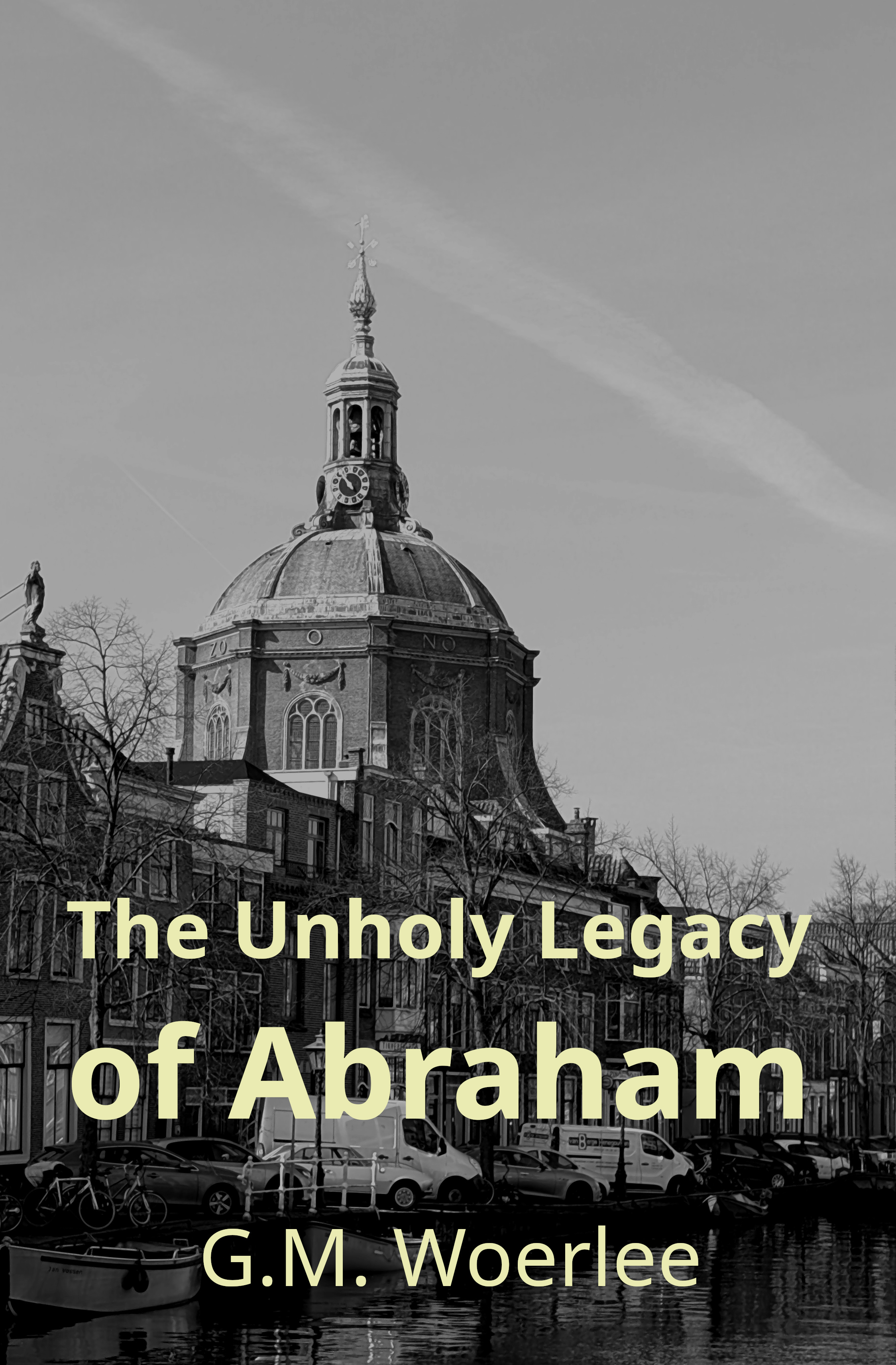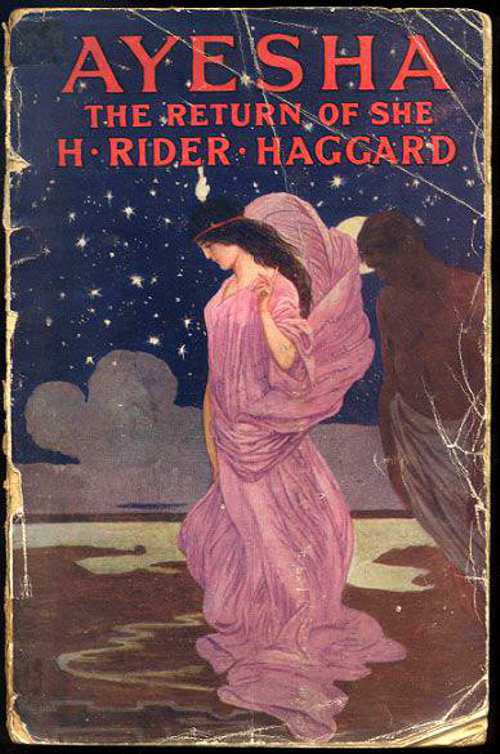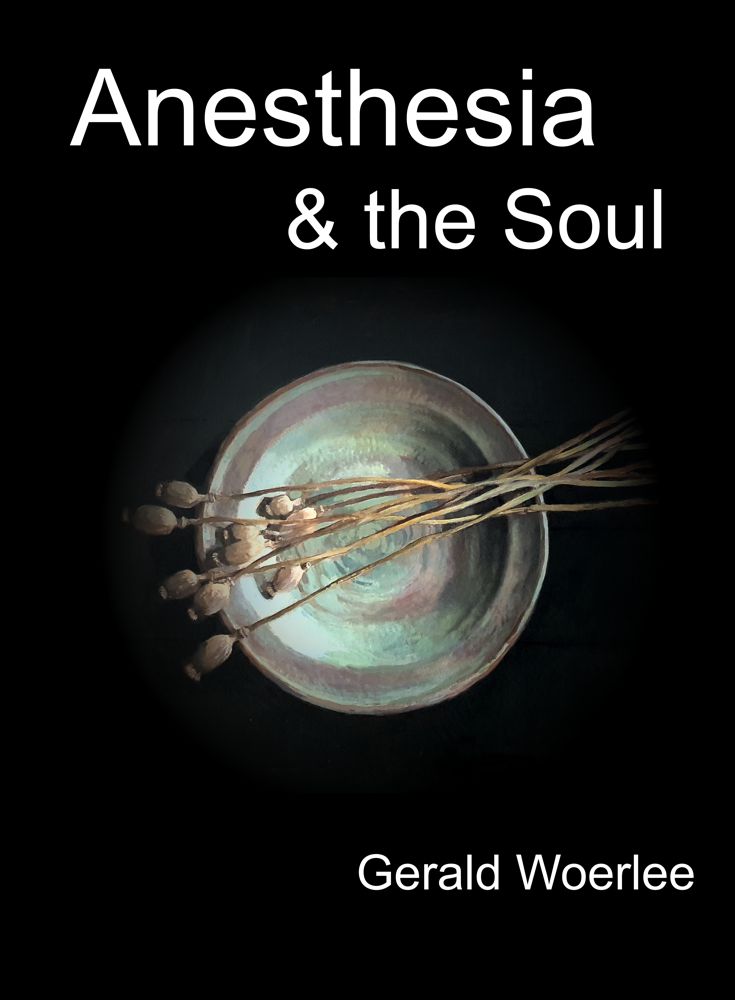Religions — Different paths to God …
 More than half of the world population have grown up in an environment influenced by Judaism, Christianity, and Islam. This includes true believers and practitioners of these religions, as well as those influenced by the thought systems of these religions. Jews claim that their God created our universe and all that exists within. Followers of Christianity and Islam also claim exactly the same thing for their one God. Believers in all three religions exist in the same universe, so unless there are three warring Gods each claiming to have created the universe, there is realistically only one ultimate God, yet followers of each of these three religions make the same claim:
More than half of the world population have grown up in an environment influenced by Judaism, Christianity, and Islam. This includes true believers and practitioners of these religions, as well as those influenced by the thought systems of these religions. Jews claim that their God created our universe and all that exists within. Followers of Christianity and Islam also claim exactly the same thing for their one God. Believers in all three religions exist in the same universe, so unless there are three warring Gods each claiming to have created the universe, there is realistically only one ultimate God, yet followers of each of these three religions make the same claim:
- Followers of Judaism claim their holy texts contain the only true an unalterable word of God as revealed by their prophets.
- Followers of Christianity claim their holy texts contain the only true an unalterable word of God as revealed by their prophets.
- Followers of Islam claim their holy texts contain the only true an unalterable word of God as revealed by their prophets.
Now here we are talking about an eternal God with knowledge of all things, all thoughts and all desires experienced by all the inhabitants ofthis universe, and present in all parts of this universe. Moreover, this same one God actually created this universe and all that exists and live within. Yet these “true and unalterable messages” differ from one religion to another. Very strange. Our planet is only one of many millions upon millions in a truly vast universe created by this same God. Now an eternal God to whom 1000 years is as a blink of an eye in the eternity of this God’s existence, a God capable of creating this vast universe, a God ultimately powerful and knowledgeable, surely such a God is capable of providing a few prophets on one of untold millions of planets with a single consistent “true and unalterable message”. Yet most what we read in these holy texts differs from one religion to another, and moreover, these “true and unalterable messages” in each of these religions pits the followers of each religion against the other. Why should the followers of each “unalterable true message of God” from one religion be pitted against the followers of all other “unalterable true messages of God”? Reasons for this are discussed in Chapter 11 in “The Unholy Legacy of Abraham”, and raise serious questions about the ultimate purpose of God. Even worse, the literal interpretation and application of the “God-given laws and thought systems” in the holy texts of these three religions gives rise to societies living in a dark world stifled by ignorance and fearful oppression, as is explained in the book “The Unholy Legacy of Abraham”. Nonetheless, despite all this, the ideas and systems of thought in these texts and religions have exerted amazing positive effects on societies.
 “The Unholy Legacy of Abraham” only discusses Abrahamic religions such as Judaism, Christianity and Islam, but the principles are just as applicable to Hinduism, Buddhism, Taoism, Shinto, etc., etc.. … Yet all these remultiple religions profess a belief in a single ultimate God. However, it is simply impossible to prove the non-existence or existence of God. This is a matter of belief. Nonetheless, one thing is certain when you analyze the fundaments of all great and uplifting religions you find a single unifying belief system as was once expressed during 1905 in a book entitled “Ayesha - The Return of She”, written during 1905 by an exceedingly jingoistic nineteenth century English author H. Rider Haggard. The main female character, Ayesha, tells her beloved and his stepfather the following:
“The Unholy Legacy of Abraham” only discusses Abrahamic religions such as Judaism, Christianity and Islam, but the principles are just as applicable to Hinduism, Buddhism, Taoism, Shinto, etc., etc.. … Yet all these remultiple religions profess a belief in a single ultimate God. However, it is simply impossible to prove the non-existence or existence of God. This is a matter of belief. Nonetheless, one thing is certain when you analyze the fundaments of all great and uplifting religions you find a single unifying belief system as was once expressed during 1905 in a book entitled “Ayesha - The Return of She”, written during 1905 by an exceedingly jingoistic nineteenth century English author H. Rider Haggard. The main female character, Ayesha, tells her beloved and his stepfather the following:
Because all great Faiths are the same, changed a little to suit the needs of passing times and peoples. What taught that of Egypt, which, in a fashion, we still follow here? That hidden in a multitude of manifestations, one Power great and good, rules all the universes: that the holy shall inherit a life eternal and the vile, eternal death: that men shall be shaped and judged by their own hearts and deeds, and here and hereafter drink of the cup which they have brewed: that their real home is not on earth, but beyond the earth, where all riddles shall be answered and all sorrows cease. Say, dost thou believe these things, as I do? (Ayesha - The Return of She, by H. Rider Haggard, 1905, Chapter 18, The Third Ordeal)
Expressed in somewhat turgid English, this basically strips the external features from all religions to reveal their fundamental unity. When viewed in this way, differing religions are adapted to the needs of their followers, but are actually only different pathways to a relation with the same God! Realization of this single fact is the first step in the pathway to unification of all religious belief systems.
These matters, and many others, are all discussed in the books “Anesthesia & the Soul” and “The Unholy Legacy of Abraham”. Readers can download these books for free by clicking the relevant button.
Website design & content G.M. Woerlee©, 2020–2025
